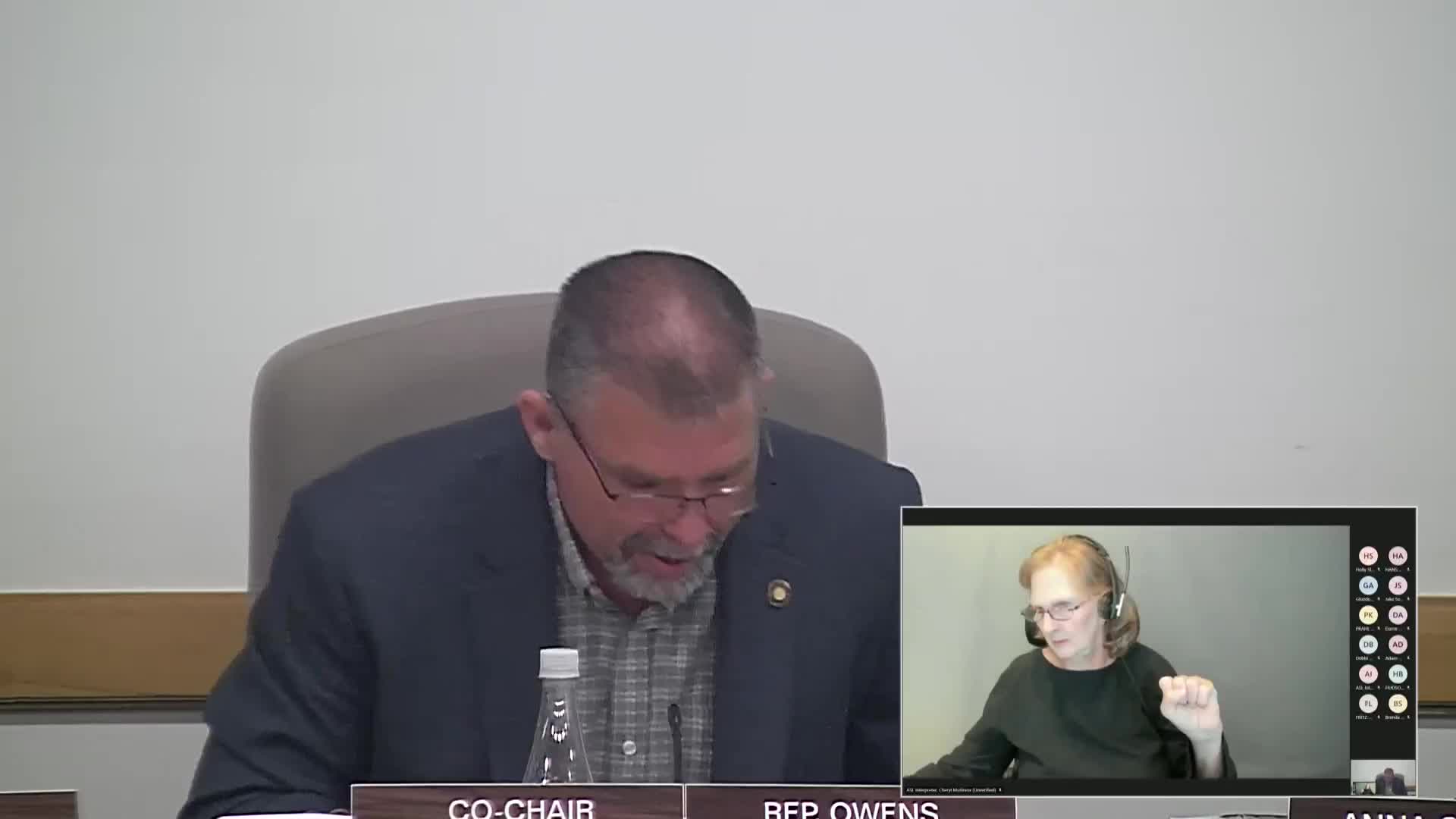Article not found
This article is no longer available. But don't worry—we've gathered other articles that discuss the same topic.
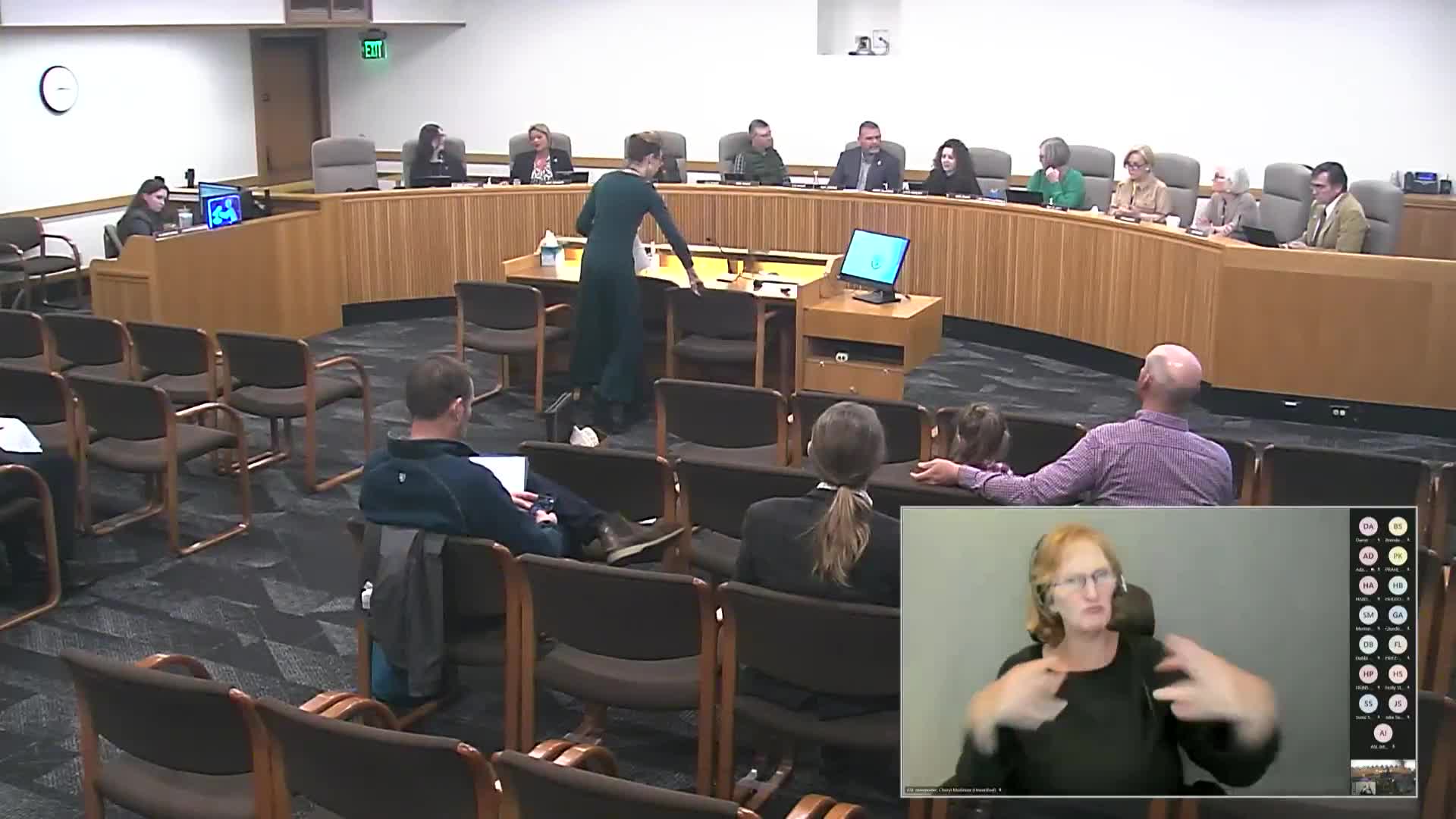
Place-based planning funding: committee hears from four community collaboratives on House Bill 3116
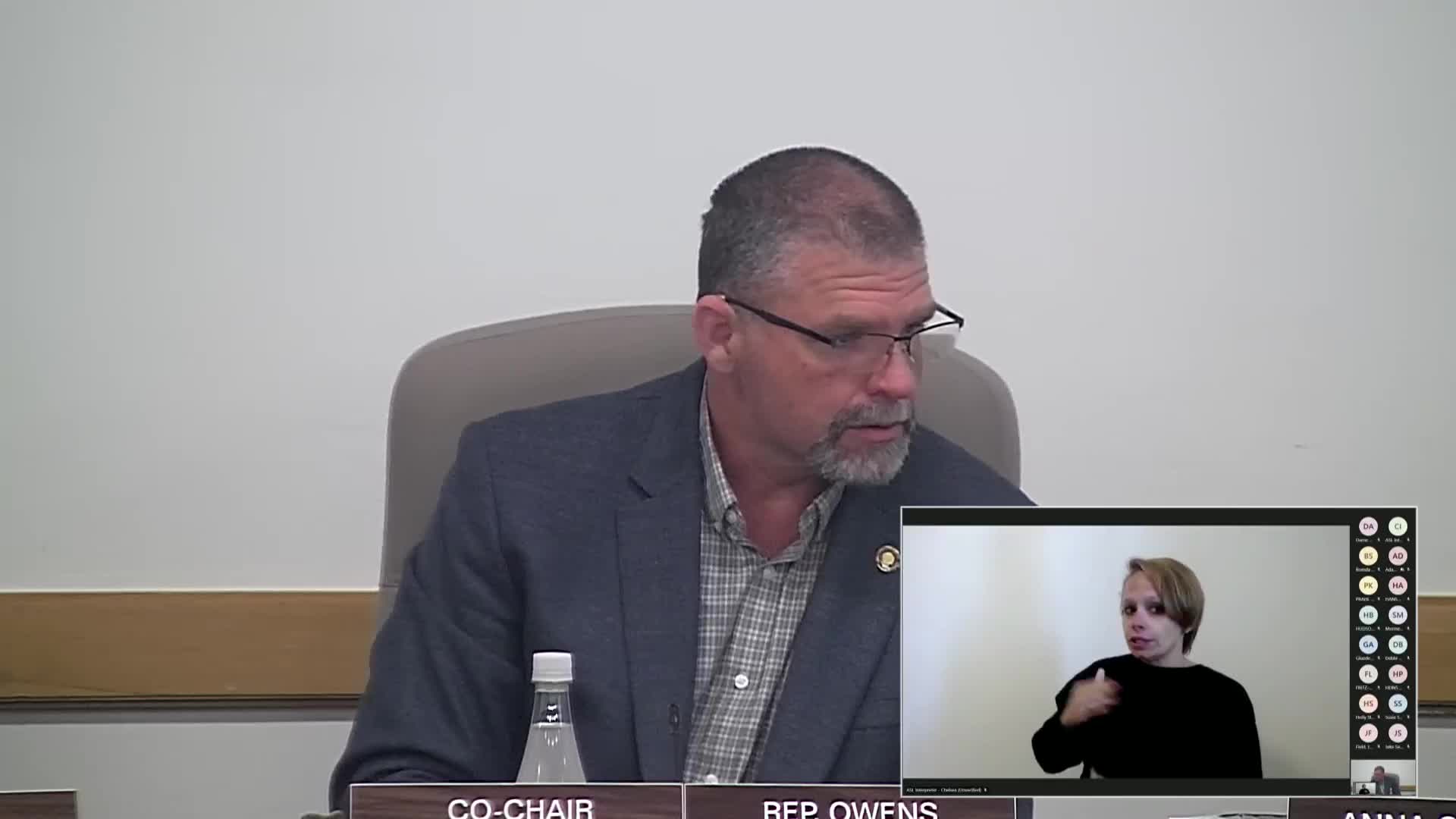
Committee approves amendment to create interagency water reuse team; House Bill 2169 moves to Ways and Means by prior reference
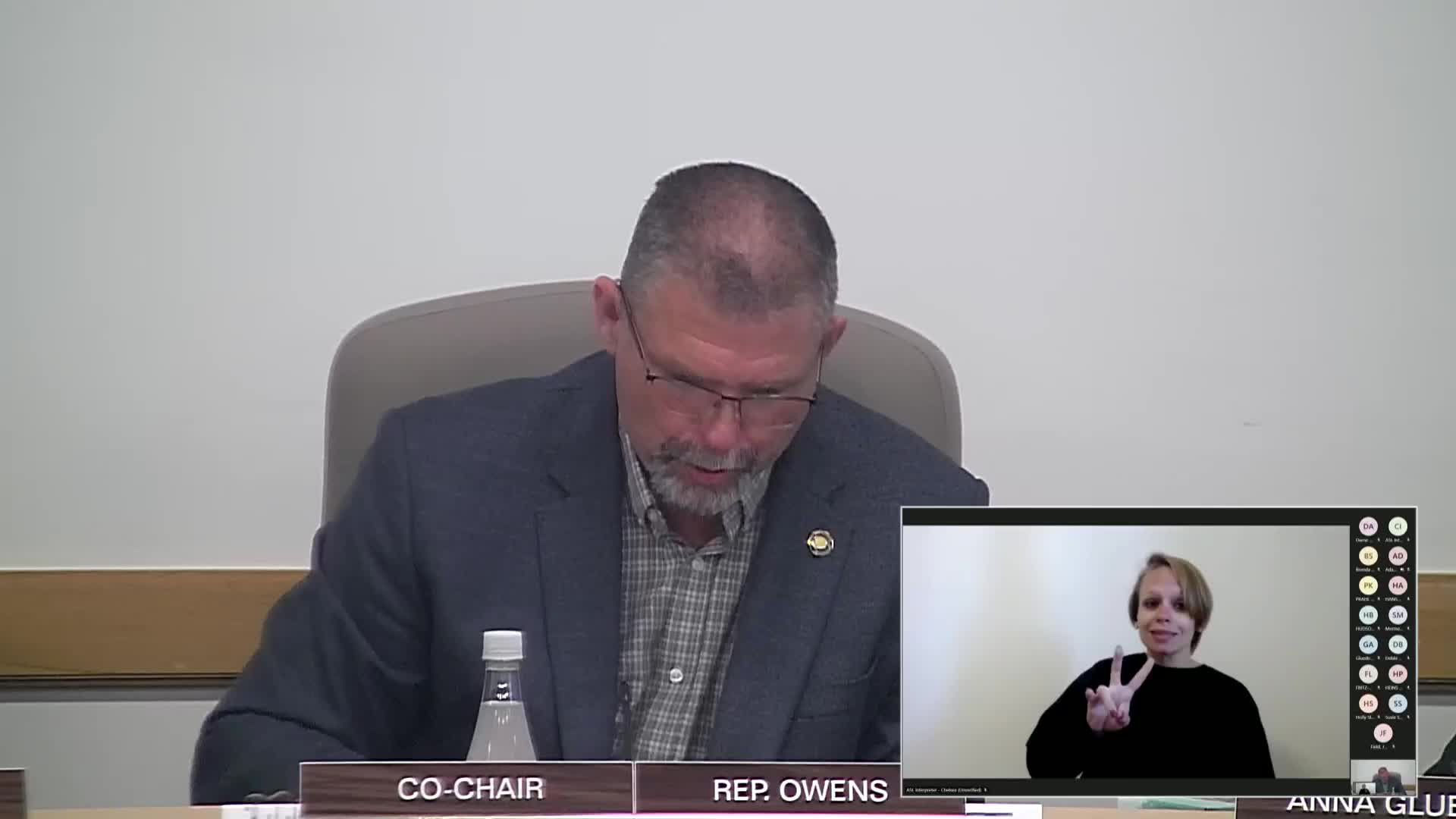
Committee exempts small whitewater boats from new waterway access fee; House Bill 2982 sent to Ways and Means
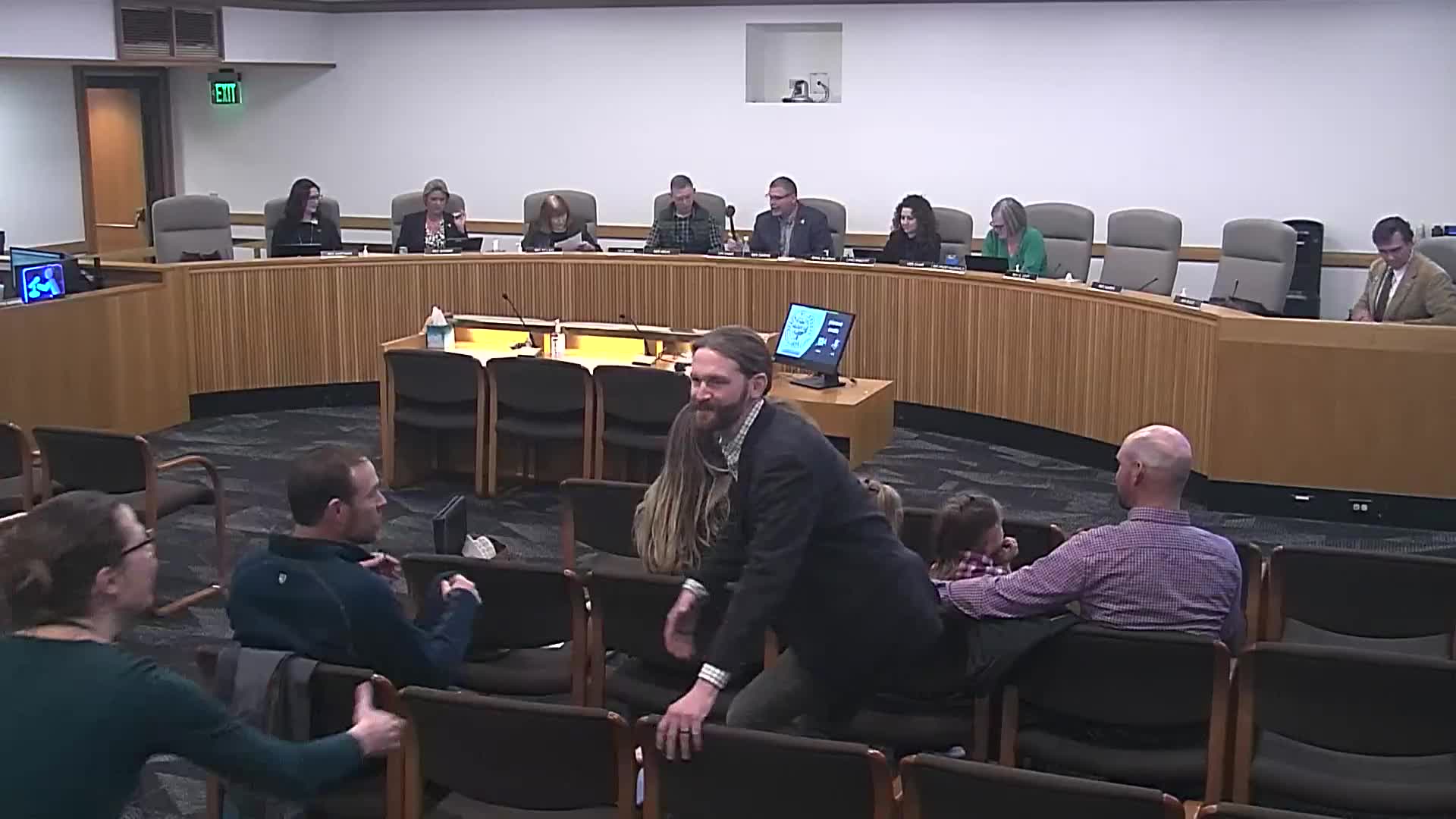
Committee adopts amendment allowing tribal staffing at boat check stations; House Bill 2170 moves to floor
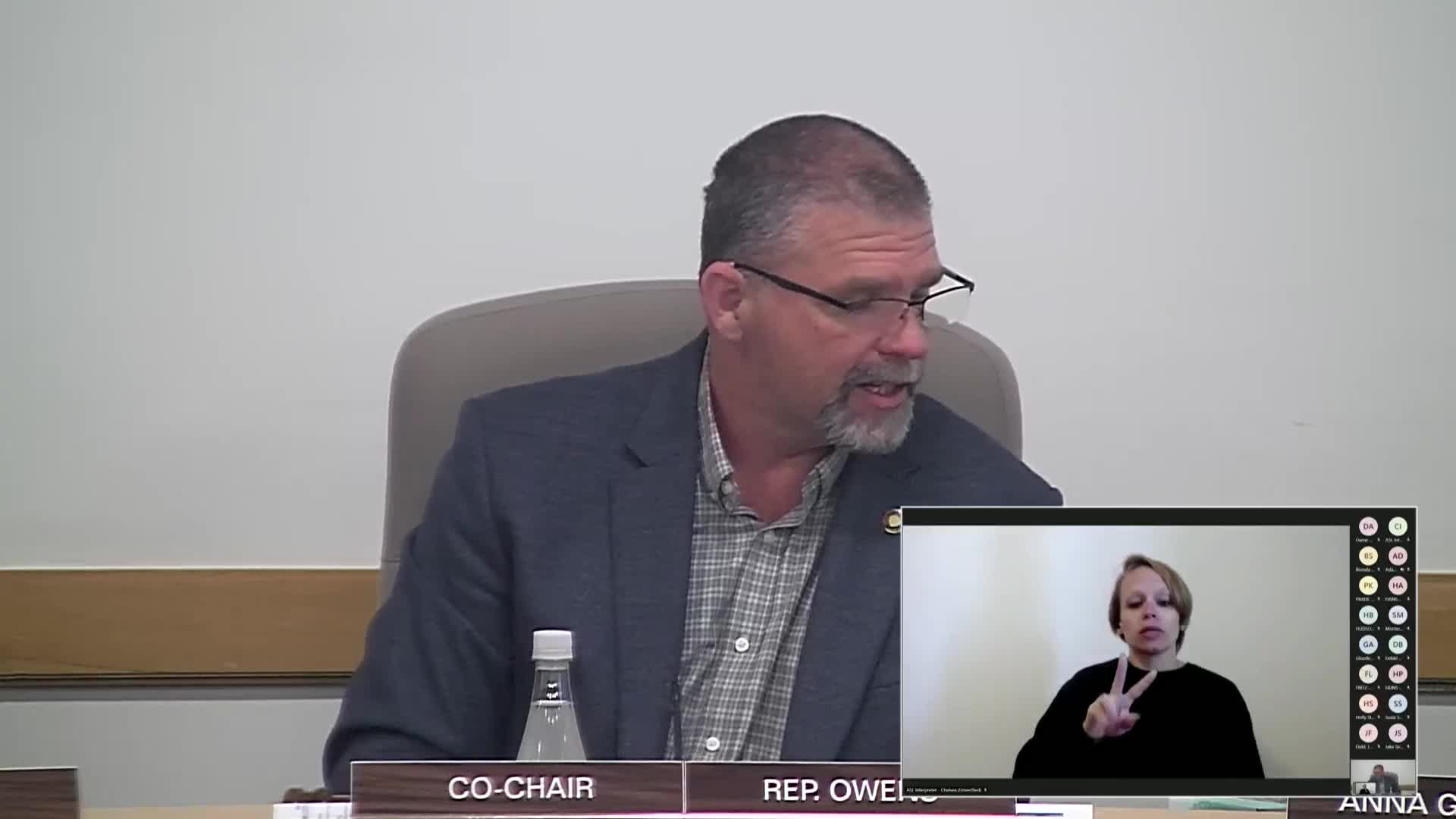
Committee earmarks $800,000 for OSU to study PFAS in biosolids; House Bill 2947 approved in committee
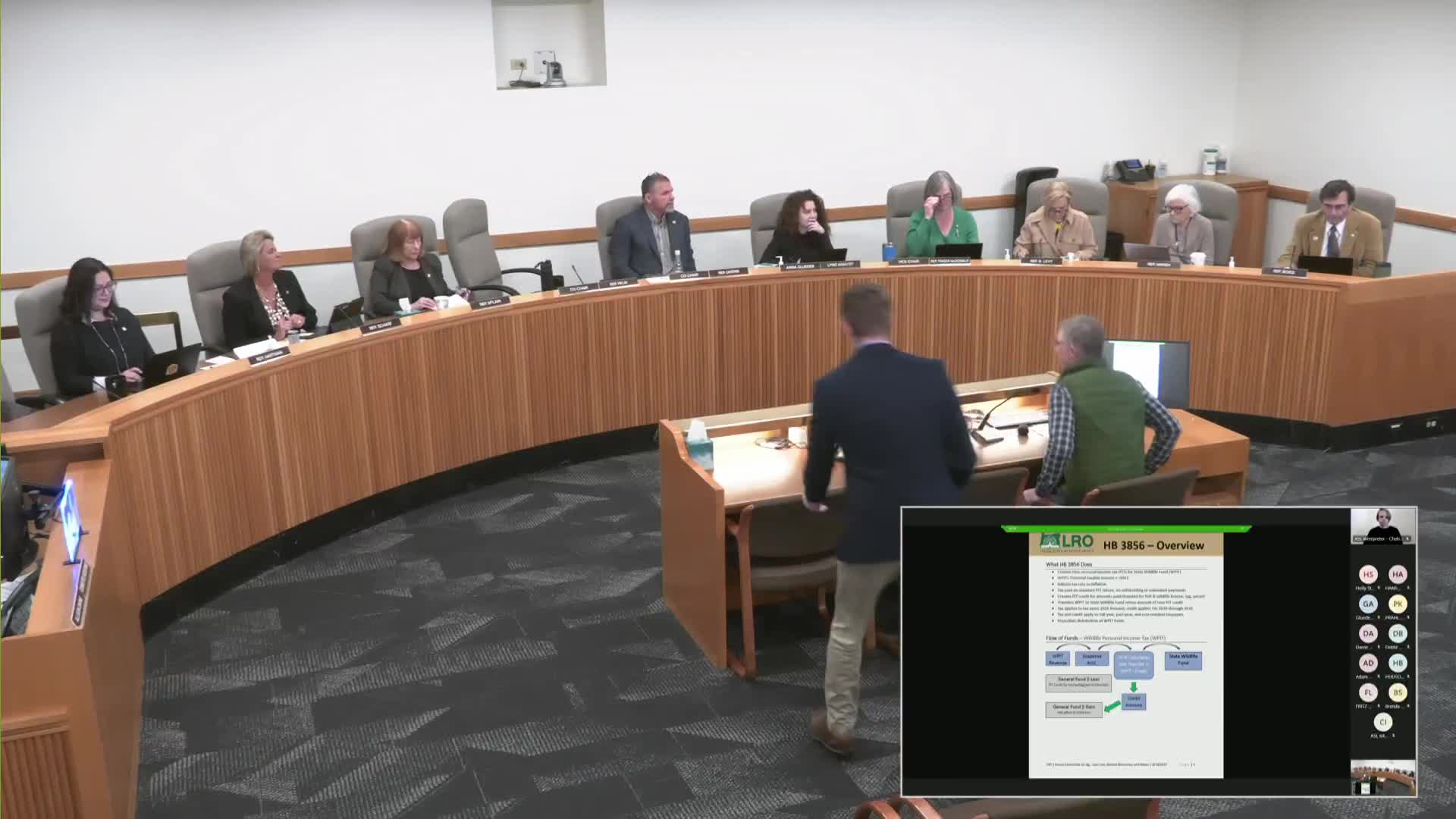
LRO outlines small personal-income tax for wildlife funding; committee hears mixed reactions
